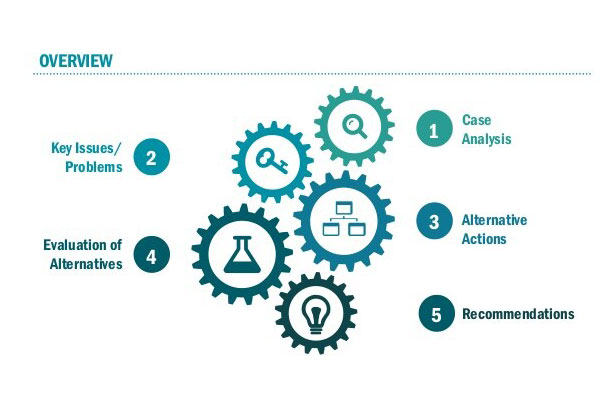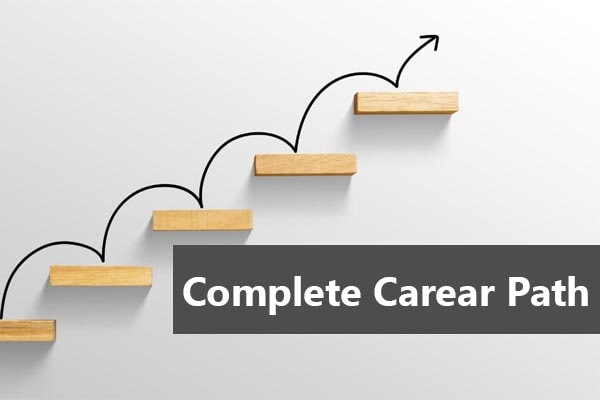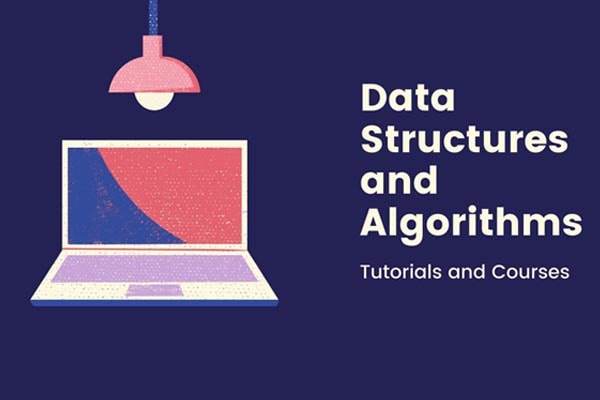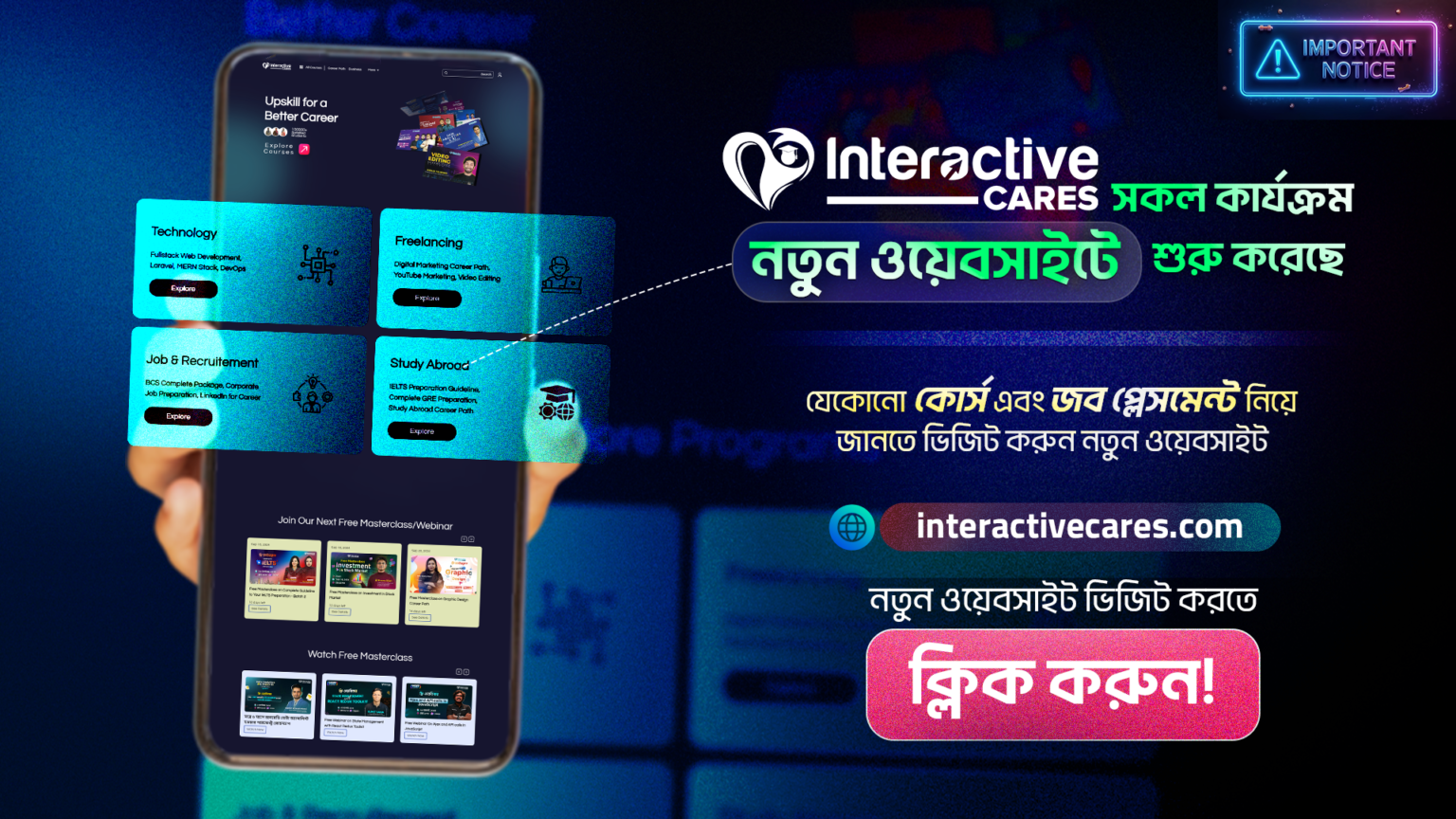An interview for all job seekers is by far the essential time. It becomes even more essential to formulate the atmosphere to determine how to present oneself in an interview. First impressions may play a significant influence on how a recruiter sees you. In the initial stage of an interview, what you say may impact the result positively or unsatisfactorily.
You would not want to meet with communication skills as complex and inadequate. Instead, you will want to show that you can be a benefit for the corporation by being employed with competence and social skills.
Some recruiting managers may even decide to reject a prospect because they feel it is bad initially. The hiring manager, for example, may find that he or she is unable to undertake a promise, comply with the schedule, concentration and follow-up during the whole interview and that these are traits that will make a significant difference for an employer.
At this point in a job hunt, small things make a massive impact. This is why it is vital to take care of the interviews and consider how you will introduce yourself during the employment interview.
You will only be able to respond to frequently requested questions after impressing your interviewer with your great self-introduction.
Related: Top 8 job tips and tricks that you must apply at Interview
What is Self-Introduction?
An introduction to oneself is any contact that conveys who you are, what you are doing and what other people need to know. The last portion is replaceable as other parts differ in every situation. At the same time, the first two sections stay mainly the same.
All three components in a small amount of words are covered by a decent introduction so that people may comprehend with whom they communicate.
The professional self-introduction, in traditional contexts, demands your name (which you are), your job (what you are doing) or what you plan to be if you do not work at the moment, as well as some facts which make the person you deal with feel good (what others need to know about you).
Nothing is considered too much readiness. This phrase is perfect when an interview is in line. By following these instructions in preparation for a job interview, you can acquire a sense of what to speak in a job interview.
1.Research About the Company

The importance of studying an organization for a job applicant cannot be highlighted sufficiently. Therefore, it is logical that the firm, its culture, its values, and what its workers believe of the place of a sound decision should be reviewed. After all, it doesn’t make you feel uncomfortable at a place of employment.
See their webpage and search for such topics as career or culture. To gain a feel for their brand message, check their social media websites.
See what workers are thinking regarding them, which might provide you with further insights into their environment and their capabilities and difficulties.
You will feel less exposed when equipped with facts and when the time comes, you can display your understanding into the firm. This can also allow you to adjust your response appropriately when you need to present yourself in an interview.
2.Craft An Elevator Pitch

Be ready to introduce the individual whom greets you quickly. When you reach the interview spot, show the reception your name and the purpose for your presence. Be kind and respectful of this company’s initial contact.
During the interview, you will have an opportunity to establish yourself in depth. Many recruiting supervisors may begin an unprovable assertion interview such as “Tell me about yourself.”
The main parts of your answer should concentrate on the crucial aspects of your experience so that you may shine in the interview. Compose and rehearse a short but describing pitch so that you can express yourself comfortably.
Related:সুন্দরভাবে কথা বলার কৌশল
3.Stick to The Context
The context of the environment in which you exist is crucial to grasp while you describe yourself. It is by far the most important advice for every introduction. Location, setting and collection are important. It is preferable whether you need a more sophisticated introduction or an informal one to comprehend.
It is important to adapt your insight to the circumstances in which you are. You have to comprehend the room when it’s a professional one. It is crucial to adjust your insight to the events in which you are.
You have to keep in mind that, presumably, you’re one of the numerous applicants for the position. The interviewer has a succinct and accurate answer as they respect applicants that are precise with themselves, whatever they can do.
Related: Top job Interview questions and Answers
Take a couple of deep breaths and reply. This helps you stabilize your heartbeat and takes time to collect your views.
4.Maintain Positivity in Body Language

A vital element of a job interview is to keep a positive impression on everybody. Body language plays a crucial function in the manner you present yourself in an interview. It’s not simply whatever you say when you’re talking about interviews, but it is how you express it.
Do not overlook the strength that your words can provide your interviewer with an impact. Keep your hands placed on your lap, hold a firm stance. If you are comfortable folding on ankles, your feet can remain on the ground.
Always greet and rise to welcome the visitor. Keep calm, maintain your shoulders back and your chest high.
Body language is important in interviews. You talk a lot about your trust and who you are. It helps you to communicate with the interviewer properly.
Related:How to Focus and Maximize Your Productivity
5.Focus on Qualification
Your presentation should be brief enough to attract the interviewer’s attention. A brief overview of your most intriguing professional & academic skills will frequently be enough.
Some details are also not vital to the work but represent your personality, such as being an ardent skier, acting in comedy clubs or collecting African art.
You aim to contact the interviewer directly to prove that you are suitable for the role and make a terrific new employee.
This is the chance to sell yourself to the recruiting manager, so use it. Naturally, your early remarks should demonstrate your work and the organization’s excitement. Don’t exaggerate it, however, or take considerable time to explain about yourself.
Related:কীভাবে নিজের দক্ষতা বৃদ্ধি করবেন?
6.Be Achievement-Oriented
Do not just describe who you are; describe your latest work title and describe your abilities as you start creating your description. This is not just dull; this also tells the management what he needs rather than demonstrating it. It isn’t perfect.
It’s always preferable to focus on performance. Take some time to prepare how every argument you raise in the introduction may be expanded.
Discuss your objective and objectives to the interviewer and see yourself in the years to come and chat with him. The interviewer should regard you not as an over-ambitious but as a dedicated individual.
Describe how you make a massive difference using your abilities. Mention how your experience matches the sector or objectives of the firm. That provides you with a broad picture of what you may expect.
Be ready to offer specific illustrations as to how you have used your assets in working or volunteering positions, academic projects and perhaps other constructive efforts effectively.
All of it concerns value-added and it’s important for managers to hire. That way, if the hire manager specifically seeks further info, it will not be taken off guard.
7.Keep Aside Emotions & Personal Life
However, it is acceptable to be enthusiastic about many things in a job interview; likewise, subjects like religion, age, and other personal qualities must never be discussed.
In a job interview, these things should never be discussed regardless. The recruiter and the profession are not concerned in making these arguments.
You should also avoid getting overly emotional and sounding. A work interview is not a cardiovascular conversation or a consultation. The best way is to remain positive and controlled.
8.Keep An Eye on Dressing

When you meet someone fresh, appearance plays an essential part. The choice of what to dress at an interview will partly depend on whom you will meet. Various workplaces have various dress rules, so you’ll want to conduct some business culture study before you go to your job interview.
According to the fact, the most significant element of looking for an interview is to dress correctly. This implies that wearing an outfit “up-to-one” from the general clothing code of the firm ensures everything is cleaned and ironed and so on. What you dress is important to who you are, so use it if necessary to express your individuality.
To ensure the interviewer is aware of your talk, try and minimize distracting sights such as expensive jewelry or busy patterns. You must be uncomfortable, and ensuring that you feel nice in your clothing when you leave the house, does not imply that you are a professional.
End Note
Hundreds of individuals have actually met you in your lifetime, and a job interview has most of the same label you want to use when you meet someone new.
Your interviewer wants to hire a great colleague, which indicates that he wants you to succeed. Confidence, preparation and a smile in advance go a long way when you introduce yourself at your following interview.
In the end, you should have a solid understanding of how to introduce yourself in a job interview using all of the information provided. Use these advantages and practice them repeatedly until you feel natural after you provide a substantial answer.
Thus, your initial impression is impressive and allows you to stand out for all the correct reasons from the crowd.







































